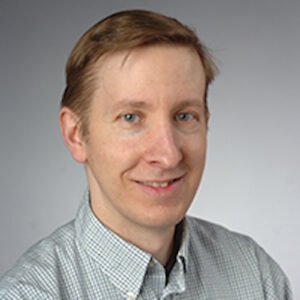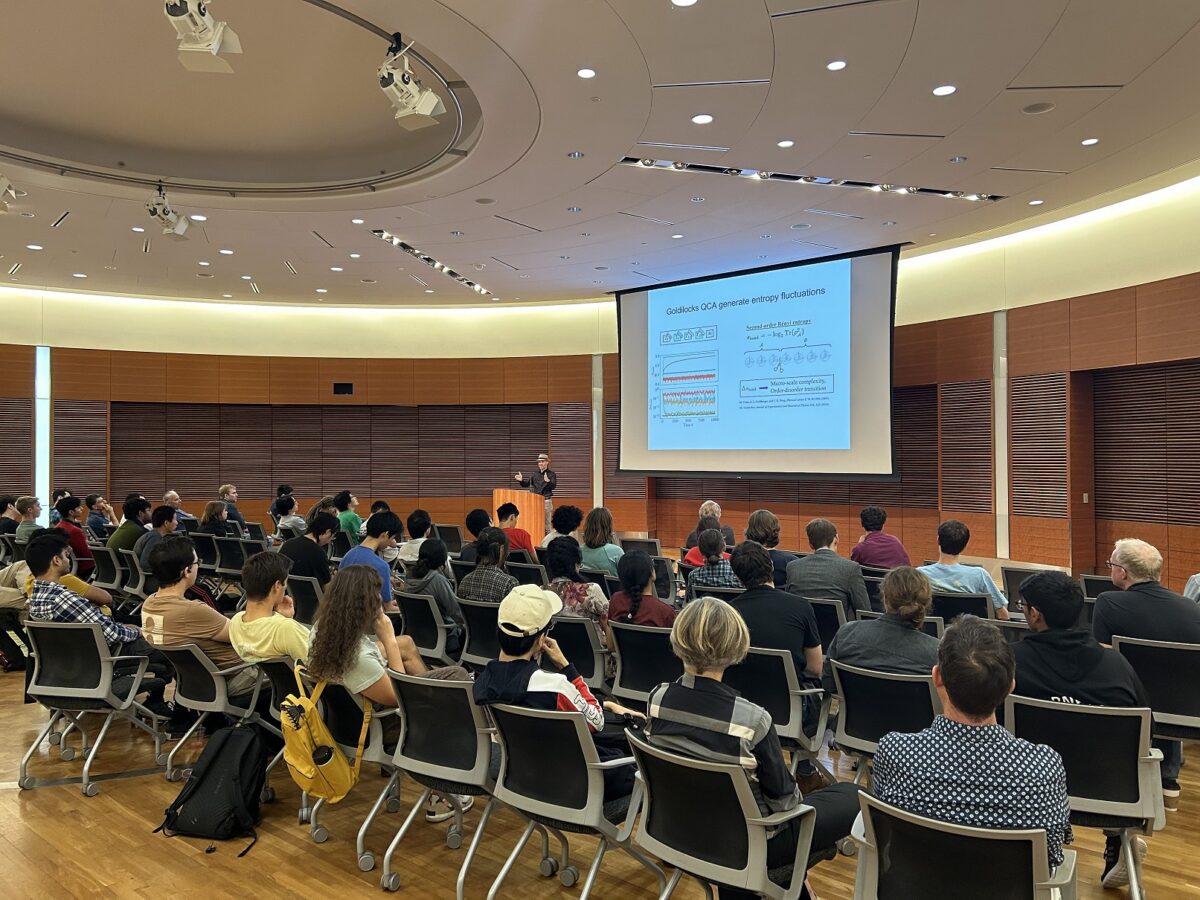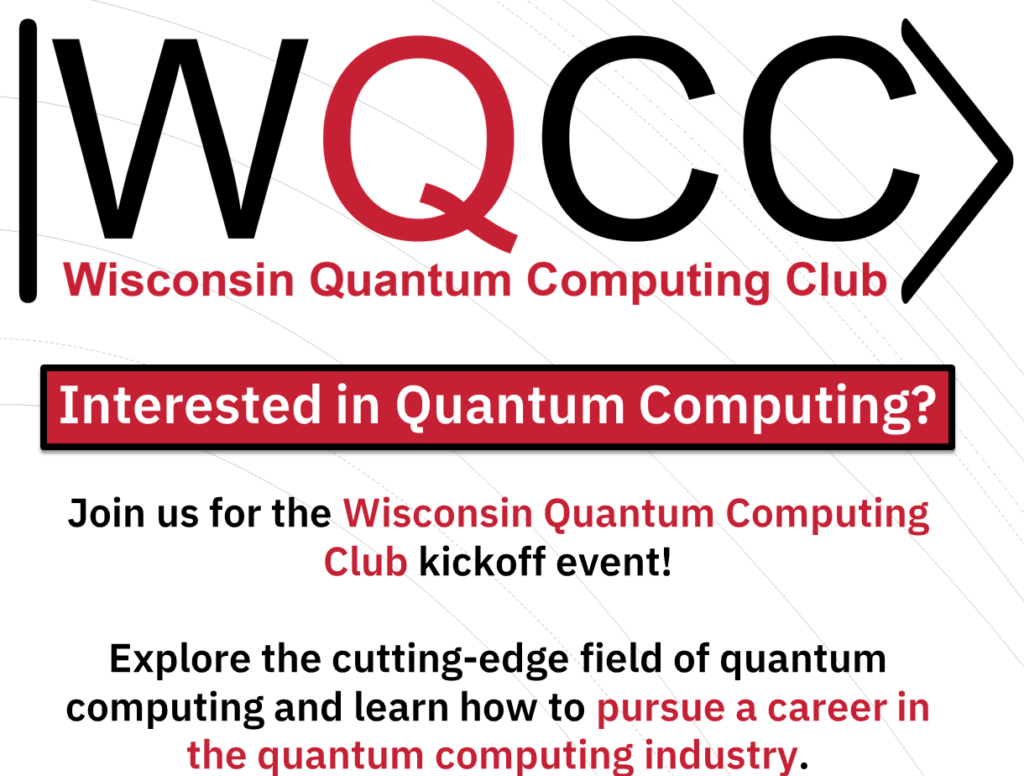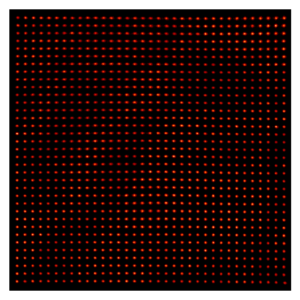Tsung-Wei Huang
Credentials: Assistant Professor of Electrical and Computer Engineering
Email: tsung-wei.huang@wisc.edu
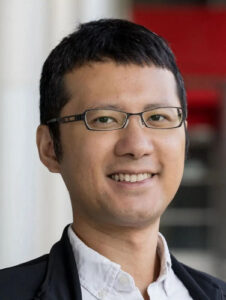
Our group creates novel software systems to simplify the building of performance-critical applications, such as electronic design automation (EDA), machine learning (ML), and quantum computing. Our software has been used by thousands of people in industry and academia.
